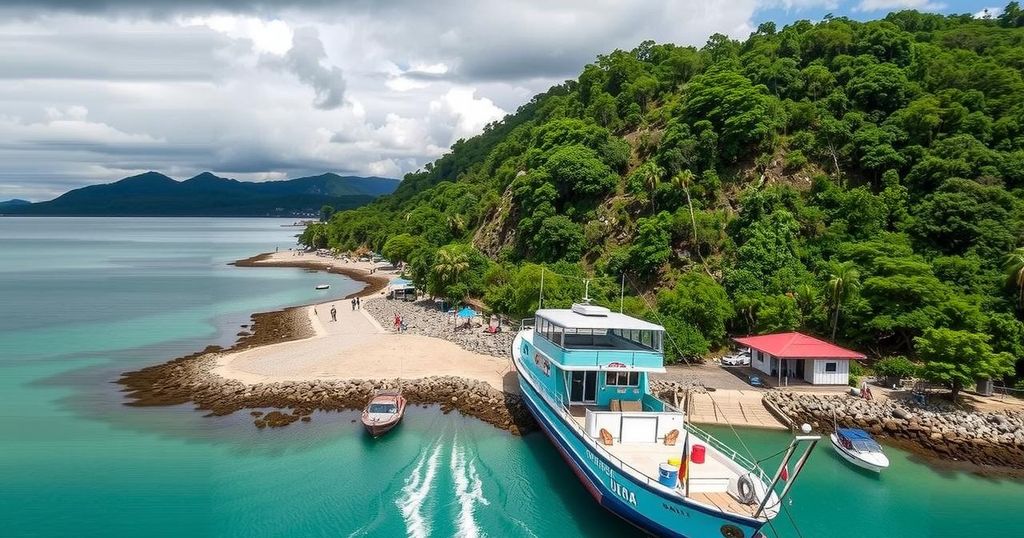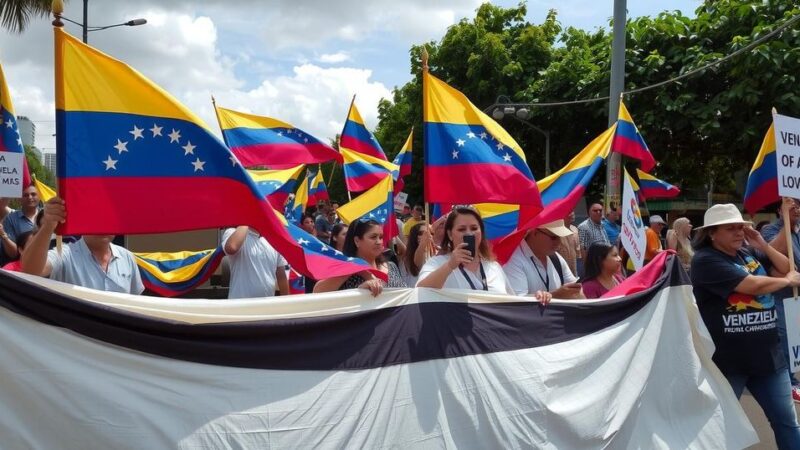The Lobito Corridor project, essential for enhancing trade in Africa, is stirring considerable debate in the DRC. While it promises economic upliftment through job creation, there are apprehensions about it facilitating the exploitation of the country’s rich mineral resources instead of benefiting local communities. Skepticism surrounding neo-colonialism and the distribution of benefits from this project is prevalent among residents.
The Lobito Corridor, a significant infrastructure project stretching 1,300 kilometers from the Port of Lobito in Angola through Zambia and the Democratic Republic of the Congo (DRC), is eliciting mixed emotions among Congolese citizens. While some perceive it as a promising trade hub that will create jobs and boost local economies, others regard it as a conduit for the exploitation of DRC’s rich mineral resources, particularly cobalt and copper. Concerns about neo-colonialism and the potential for foreign entities to dominate the economic landscape are prevalent among residents, particularly due to the historical context of resource extraction in the region. President Biden indicated during discussions in Angola that the project intends to improve access to minerals for US and European markets, yet many locals fear the benefits will not extend to them. Analysts express caution regarding the project contributing to regional security risks and exacerbating the local population’s economic struggles, which already sees a significant portion of Congolese living on less than $2.15 per day. Despite the optimism from government leaders, the call for local empowerment in controlling and benefiting from their resources remains strong.
The Lobito Corridor is a critical infrastructure initiative that aims to enhance transport and trade connectivity between Angola, Zambia, and the DRC. This corridor passes through regions abundant in essential minerals, notably cobalt and copper, which are increasingly sought after for the global energy transition. US support for this project aims to facilitate faster access to these minerals for international markets. However, the historical context of resource exploitation in Africa raises substantial concerns among local populations, who fear that the project’s benefits may not be equitably distributed and could exacerbate existing socio-economic disparities.
In conclusion, the Lobito Corridor project presents both opportunities and substantial concerns for the Democratic Republic of the Congo. While it offers the potential for increased trade and job creation, many locals remain skeptical about the equitable distribution of these benefits, fearing that it may serve as a modern vehicle for resource exploitation under the guise of development. Continued dialogue and negotiation will be crucial to ensure that local communities are not left behind in this significant initiative.
Original Source: www.aljazeera.com







